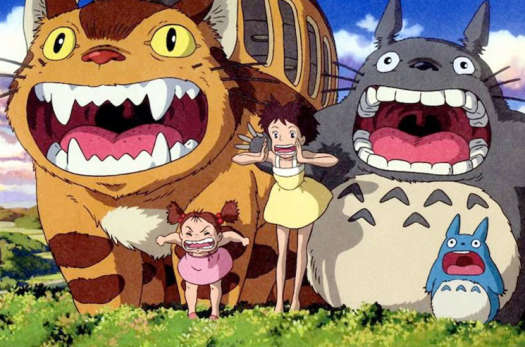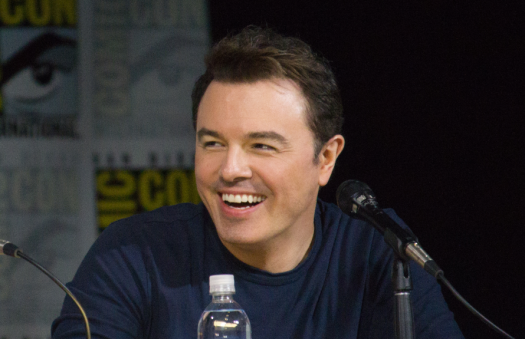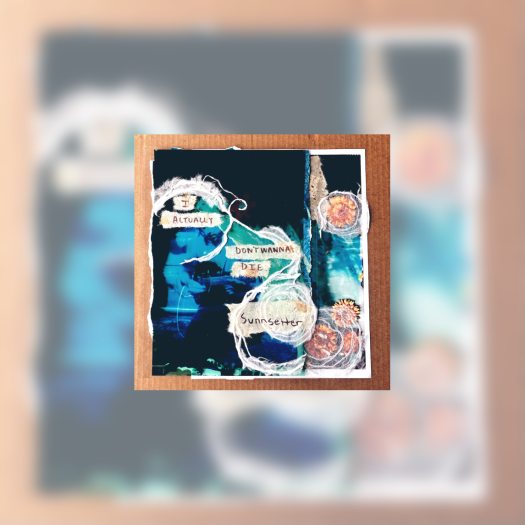When Jidenna sprung onto the music scene with "Classic Man" two years ago, he brought an essence of style and grace to the rap game, cradled by three-piece suits as a tribute to his late father. Like Janelle Monáe — who had him guest on her 2015 single "Yoga," and signed him to her Wondaland Records label — Jidenna's debut album, The Chief, speaks to the average millennial trying to get by in a chaotic world.
"I was born in America, in Wisconsin, and we quickly moved to Nigeria, where my family's from. I grew up in a small city called Enugu, and was raised there until I was 6, and then we moved to America after that. But those are the years — they'll tell you in a health class or psychology class — those early years shape your views of the world," he tells Exclaim! "You're watching people work and how they work, so the fact that the Nigerian culture was what I was taking in before I came to America, it shaped my views on society. I'm very American in many ways, but I wanted to start [my album] with the story where I talk about my father, and reference a moment when I was younger and when my family went through some tribulations as a child."
The tribulations the 31-year old artist speaks of include living through Nigeria's civil war, during which he was shot in the foot as a child. Turning tragedy in the triumph, The Chief (out now) addresses a generation whose story Jidenna believes has been overlooked in hip-hop culture. "I saw in hip-hop history there's been a void of first-generation immigrants, and first-generation Africans. I don't think I'm telling everybody's story, but I'm telling a story."
Of the sonic complexities contained within The Chief, Jidenna explains: "I love some of the modern music, but I also love some things from my childhood. 'Adaora' has this kind of Afrobeat vibe and 'Bambi' is this West African highlife, but I was making the album in Atlanta, so as I'm leaving the strip club and I'm saying 'what's up' to Young Thug."
Living between these two worlds has subsequently given Jidenna a unique perspective, which he expresses on the controversial single "White N*ggas," a song he says was inspired by Curtis Mayfield's "(Don't Worry) If There's a Hell Below, We're All Going to Go."
"To imagine the world if groups of people were switched — if black people were living like white people and white people were living like black people. I think when you say 'white' and 'n*gga' together, it almost feels uncomfortable," he says. "I wanted to make a song that really depicted this in a very visible, very descriptive way, so that I can get the point across. For me, somebody of mixed heritage, I've always lived between worlds — between continents, between coasts, between races. That song I love because I'm almost like a narrator of like, the ghost of Christmas past, and narrating the story of black people, but to a white person."
Whether he's highlighting Nigerian music or explaining race relations in America, there's a sense of timelessness that cradles Jidenna's career. That timeliness is still guided by one specific motivation: honouring the legacy of his father.
"[He would say] 'A man that doesn't question what happens to his father is really happening to him,' [or] 'A daughter that doesn't question what happens to her mother will surely happen to her,'" he says. "[My father's death] was a learning point, because I looked at his life and he died alone in an apartment, and this was an amazing inventor. He was one the greatest geniuses of our world that nobody heard about. Like Bill Gates and Steve Jobs, he was racing [them] in Nigeria at the same time. He had a computer that operated on two operating systems, so why do we not know of this man? One thing I take from that is that we have to be architects of our stories and control them. That's why I focused more on my story on this album. Let me bring you to my life, so when you're listening to it, you're listening to my story."
"I was born in America, in Wisconsin, and we quickly moved to Nigeria, where my family's from. I grew up in a small city called Enugu, and was raised there until I was 6, and then we moved to America after that. But those are the years — they'll tell you in a health class or psychology class — those early years shape your views of the world," he tells Exclaim! "You're watching people work and how they work, so the fact that the Nigerian culture was what I was taking in before I came to America, it shaped my views on society. I'm very American in many ways, but I wanted to start [my album] with the story where I talk about my father, and reference a moment when I was younger and when my family went through some tribulations as a child."
The tribulations the 31-year old artist speaks of include living through Nigeria's civil war, during which he was shot in the foot as a child. Turning tragedy in the triumph, The Chief (out now) addresses a generation whose story Jidenna believes has been overlooked in hip-hop culture. "I saw in hip-hop history there's been a void of first-generation immigrants, and first-generation Africans. I don't think I'm telling everybody's story, but I'm telling a story."
Of the sonic complexities contained within The Chief, Jidenna explains: "I love some of the modern music, but I also love some things from my childhood. 'Adaora' has this kind of Afrobeat vibe and 'Bambi' is this West African highlife, but I was making the album in Atlanta, so as I'm leaving the strip club and I'm saying 'what's up' to Young Thug."
Living between these two worlds has subsequently given Jidenna a unique perspective, which he expresses on the controversial single "White N*ggas," a song he says was inspired by Curtis Mayfield's "(Don't Worry) If There's a Hell Below, We're All Going to Go."
"To imagine the world if groups of people were switched — if black people were living like white people and white people were living like black people. I think when you say 'white' and 'n*gga' together, it almost feels uncomfortable," he says. "I wanted to make a song that really depicted this in a very visible, very descriptive way, so that I can get the point across. For me, somebody of mixed heritage, I've always lived between worlds — between continents, between coasts, between races. That song I love because I'm almost like a narrator of like, the ghost of Christmas past, and narrating the story of black people, but to a white person."
Whether he's highlighting Nigerian music or explaining race relations in America, there's a sense of timelessness that cradles Jidenna's career. That timeliness is still guided by one specific motivation: honouring the legacy of his father.
"[He would say] 'A man that doesn't question what happens to his father is really happening to him,' [or] 'A daughter that doesn't question what happens to her mother will surely happen to her,'" he says. "[My father's death] was a learning point, because I looked at his life and he died alone in an apartment, and this was an amazing inventor. He was one the greatest geniuses of our world that nobody heard about. Like Bill Gates and Steve Jobs, he was racing [them] in Nigeria at the same time. He had a computer that operated on two operating systems, so why do we not know of this man? One thing I take from that is that we have to be architects of our stories and control them. That's why I focused more on my story on this album. Let me bring you to my life, so when you're listening to it, you're listening to my story."




